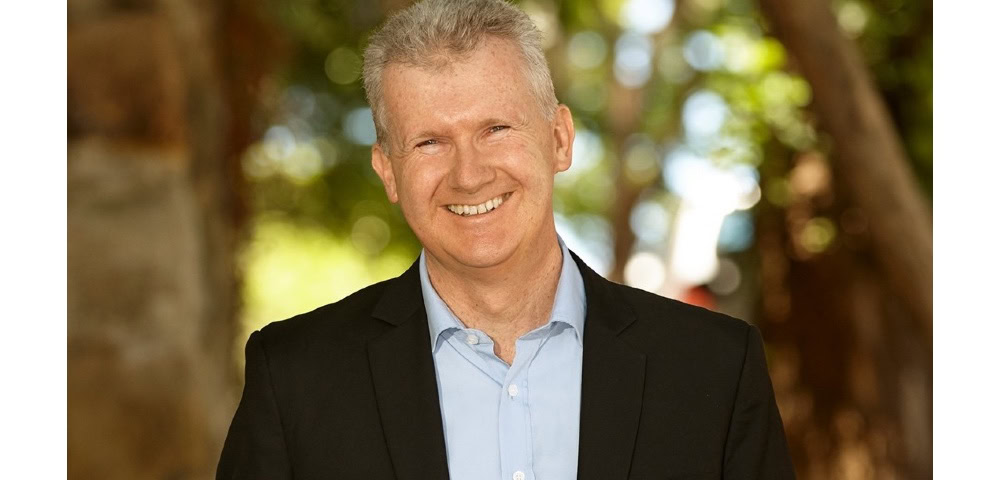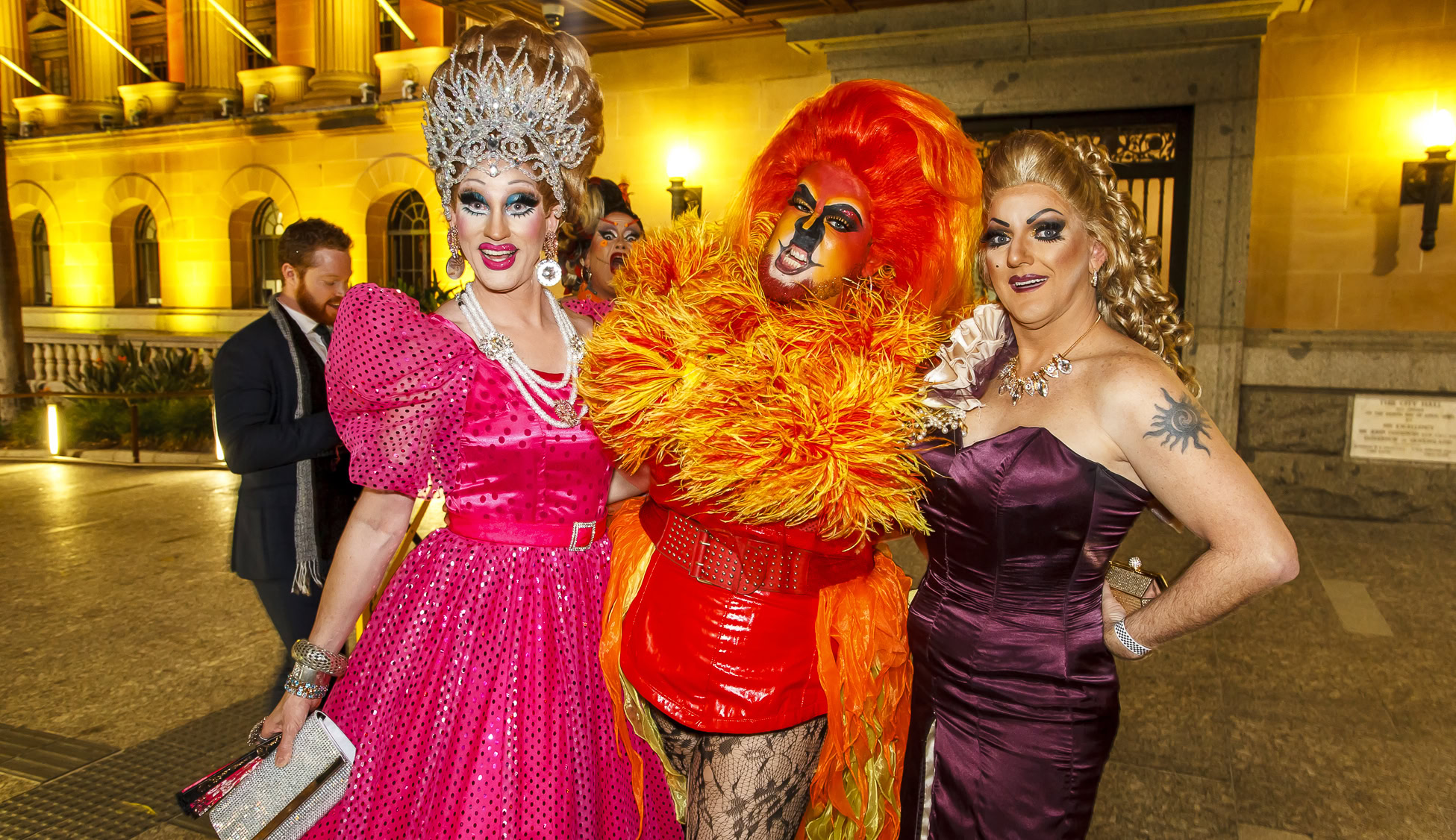
Labor’s New Fair Work Bill Will Protect Transgender and Intersex Employees From Discrimination

The Anthony Albanese government on Friday introduced a new bill that would protect trans, gender diverse and intersex people from discrimination at the workplace.
The Fair Work Legislation Amendment (Secure Jobs, Better Pay) Bill 2022, was introduced in Parliament by Workplace Relations Minister Tony Burke, with the aim of “promoting job security, helping close the gender pay gap, modernising the workplace bargaining system and getting wages moving”.
At present the Fair Work Act, lists race, colour, sex, sexual orientation, age, physical or mental disability, marital status, family or carer’s responsibilities, pregnancy, religion, political opinion, national extraction or social origin as protected attributes under its anti-discrimination framework. The new bill proposes to add gender identity and intersex status to this list.
The new provision means that an employee cannot be terminated, or adverse action cannot be taken against an employee or prospective employee, because they are trans, gender diverse or intersex.
Transgender, Intersex Employees Face Discrimination
According to LGBTQI advocacy organisations, transgender people and people with innate variations of sex characteristics face discrimination at the workplace at much higher levels than other Australians.
“We welcome the Government’s decision to protect trans and gender diverse people because the current lack of protection sends the message that discrimination against us in the workplace is acceptable,” Sally Golder, Just.Equal spokesperson said in a statement.
“We will now be lobbying other parties and independents to ensure that support for protecting trans and gender diverse people is as broad as possible,” said Golder.
Government’s Definition Will Not Protect All Intersex People
Intersex advocates have however urged the government to broaden the definition when it comes to intersex people.
“In practical legislative terms, ‘intersex status’ captures a population that has engaged with the intersex community rather than those living with diverse characteristics,” said Intersex advocate and Just.Equal board member, Cody Smith.
“People use different language to describe their experiences, and the definition of intersex itself is often disputed from diagnosis to diagnosis.”
“What these disparate groups have in common are that they live with innate variations in sex characteristics, and so it is the position of Intersex Human Rights Australia that anti-discrimination law intended to protect intersex people uses ‘sex characteristics’ as the protected attribute,” added Smith.










The Sex Discrimination Act of 1984 since 2013 already does this, why have “double up” or duplication within legislation?